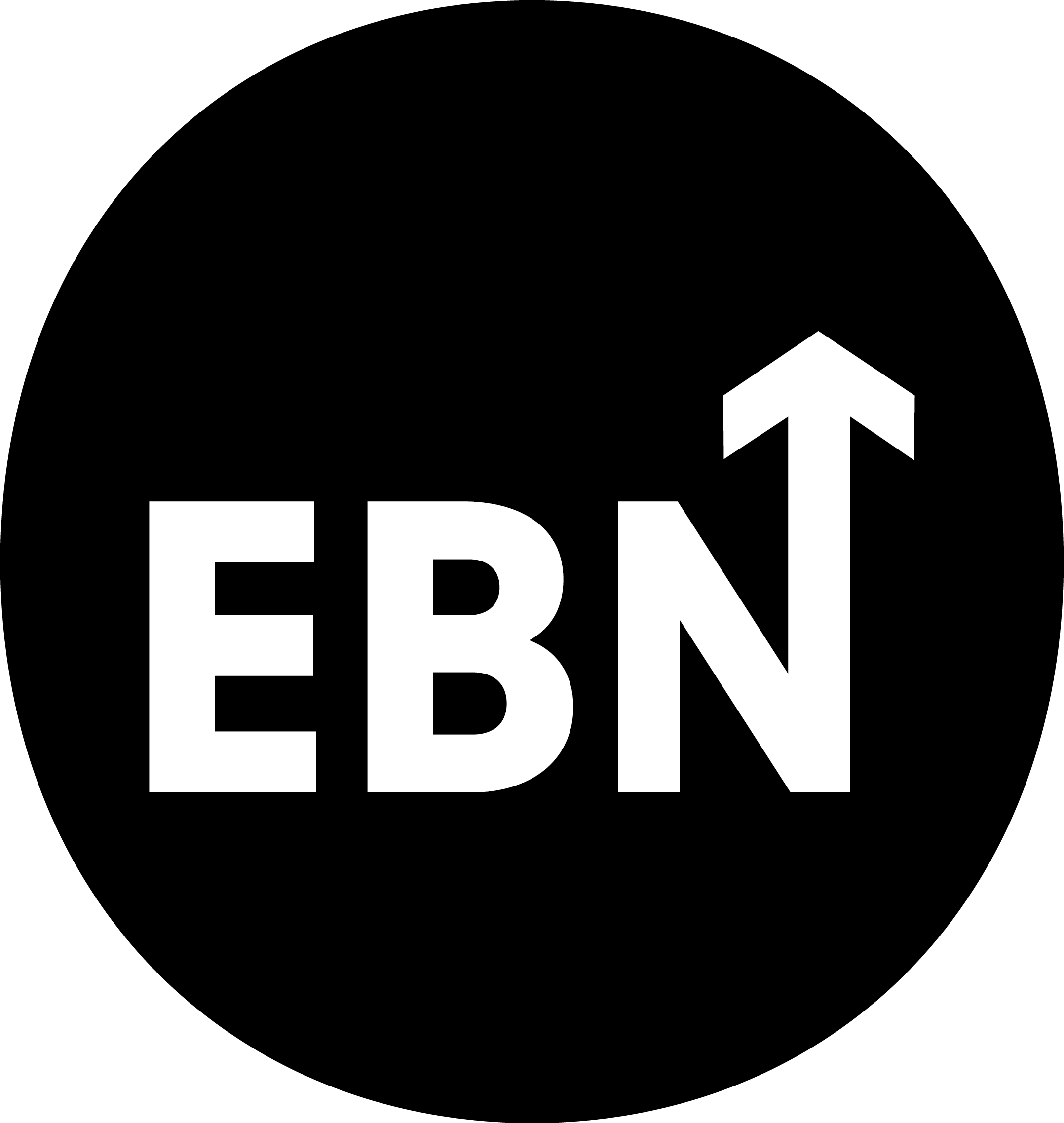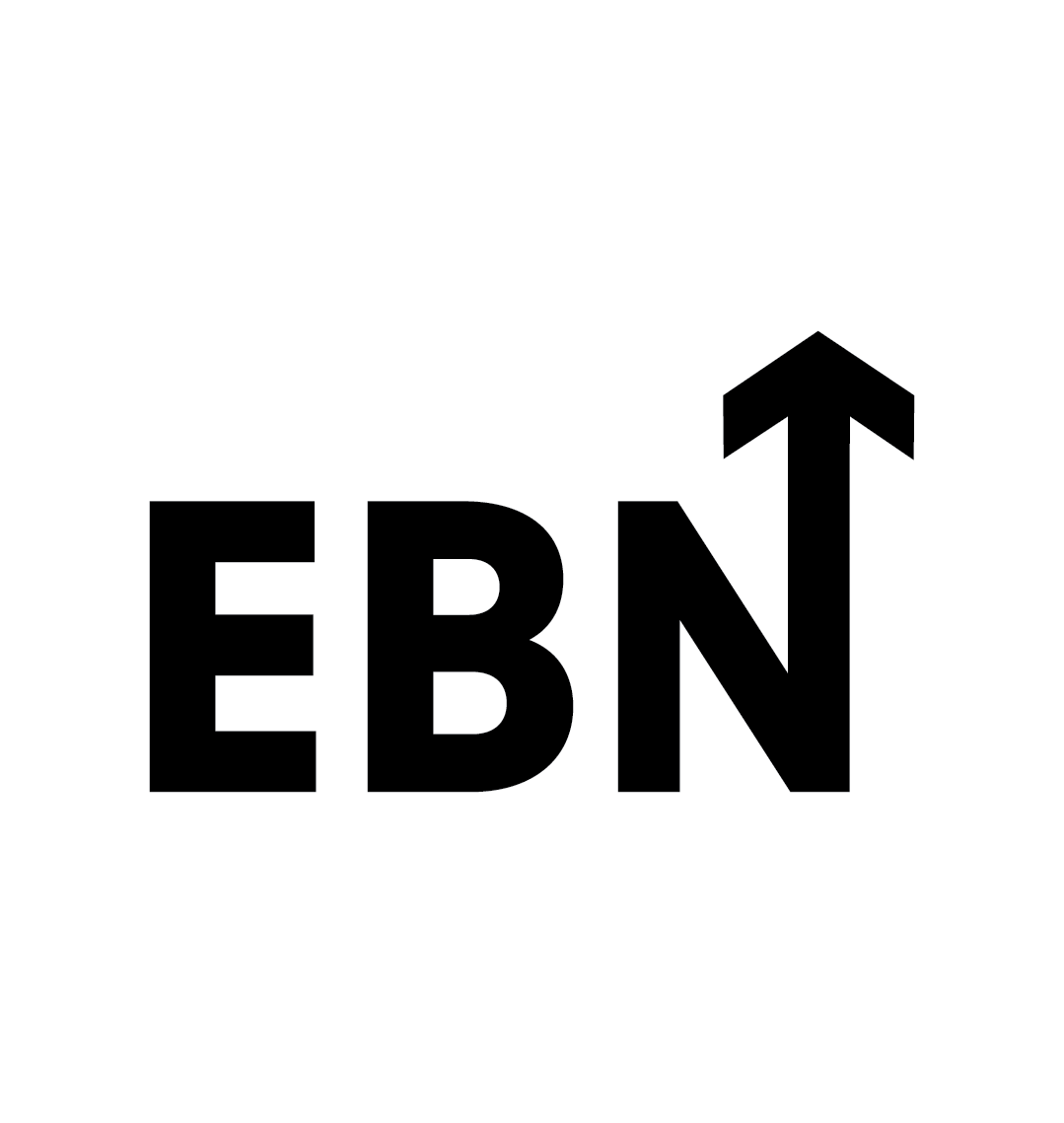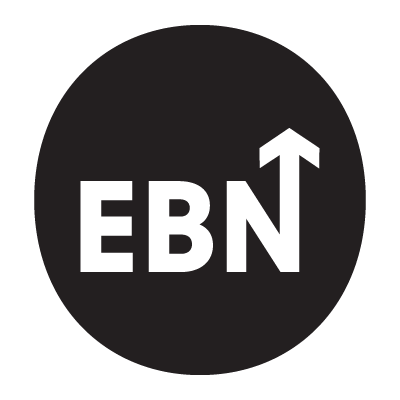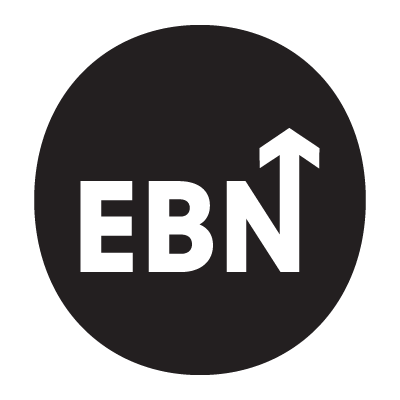Recent layoffs by tech giants Dyson and Samsung in Singapore have once again put a spotlight on the delicate balance companies must strike between business needs and maintaining the trust of workers and a strong employer brand. Both firms conducted surprise job cuts that left employees shocked and raised concerns about their long-term commitment to the region. As the dust settles, many of the same old lessons about transparency, communication, and supporting affected workers during difficult transitions have bubbled up. Is it simply too difficult for employers to handle these situations with more care, or is the speed at which the Band-Aid is ripped off simply more important?
Momentum isn’t always progress, especially when you always end up back where you started.
Fathom helps you escape the loop. With insight, not intuition.
The Dyson Dilemma
Dyson's layoffs came as a particular surprise, given the company had recently assured staff that its Singapore operations would be unaffected by global restructuring. The vacuum and appliance maker conducted the cuts discreetly, calling employees into private meetings where they were informed their roles were redundant. This approach left many workers feeling blindsided and created an atmosphere of uncertainty.
"People are shocked and have low morale, as they aren't sure when their turn might come,"
one anonymous employee told Channel NewsAsia. The lack of transparency around the scope and reasons for the layoffs has fueled speculation and anxiety among remaining staff.
The rationale behind many of the recent layoffs, especially in the tech sector, were discussed in this recent EBN article.

Adding to the controversy, the United Workers of Electronics and Electrical Industries (UWEEI) expressed disappointment at receiving only one day's notice before the retrenchments. This short timeline left little room for discussion or planning to support affected employees. The question is; is blindsiding those impacted and other stakeholders strategically intentional or the result of negligence or inexperience?
Samsung's Struggles
Meanwhile, Samsung is reducing its workforce across Southeast Asia, including Singapore, as part of a larger global headcount reduction. The South Korean tech giant has faced challenges in key markets, particularly in AI-related memory chips where it has fallen behind competitors.
Like Dyson, Samsung's approach involved calling staff into private meetings to discuss severance packages. While the company framed the cuts as
"routine workforce adjustments,"
the lack of clarity around the total number of jobs affected has understandably left people feeling uneasy.
Helping HR, talent acquisition, employer branding, and company culture professionals find careers worth smiling about.
Trust Erosion and Reputation Damage
These sudden layoffs have dealt a severe blow to Dyson and Samsung's carefully cultivated employer brands, an area where both have invested significantly. The lack of transparency and abrupt nature of the cuts have left employees feeling betrayed and disposable. This erosion of trust extends beyond those directly affected, creating a ripple effect of uncertainty among remaining staff and potential future hires.
Long-term Recruitment Challenges
These actions may have far-reaching consequences on the companies' ability to attract top talent in the future. A growing body of research shows that job seekers are increasingly wary of organizations with a history of unexpected layoffs, potentially leading to:
- Decreased application rates for open positions
- Higher recruitment costs to attract quality candidates
- Loss of competitive edge in the war for talent, especially in the tech sector
Point 3 especially would seem like suicide for an organization like Samsung who’s losing the race to beat key competitors in the talent scarce field AI.
Glassdoor Scores: A Window into Employee Sentiment
The impact of these layoffs is already reflected in the companies' Glassdoor ratings, a crucial metric for potential job seekers:
Dyson:
Dyson's overall rating on Glassdoor stands at 3.0 out of 5, based on over 2,893 reviews. More tellingly, only 44% of employees would recommend working at Dyson to a friend. In Singapore specifically, the rating drops to 2.9 out of 5, based on 255 reviews. This below-average score suggests significant challenges in employee satisfaction and engagement.
Samsung Electronics:
Samsung Electronics fares slightly better with an overall rating of 3.8 out of 5, based on over 16,012 reviews globally. 66% of employees would recommend working at Samsung to a friend. In Singapore, the company maintains a rating of 3.5 out of 5, based on 222 reviews. For now.
These scores serve as a stark reminder of the importance of maintaining a positive employer brand. As news of the layoffs spreads, these ratings are bound to face further pressure, potentially deterring top talent from considering roles at these companies. And to repair these online reputation metrics in the future can be challenging and take a very long time.
Employee Morale and Productivity Impact
The layoffs have created an atmosphere of fear and uncertainty among remaining employees, which I’d expect to result in:
- Decreased productivity and innovation
- Increased turnover as employees seek more stable work environments
- Reluctance to fully commit to long-term projects or initiatives
Social Media and Public Perception
And there is just no escaping the backlash in today's interconnected world, news of these layoffs has already spread rapidly across social media and professional networks. Compounding the problem through:
- Negative reviews on job sites and professional platforms
- Public and consumer backlash and calls for boycotts
- Increased scrutiny from media and industry watchdogs
Rebuilding Trust: A Challenging Road Ahead
Hopefully both Dyson and Samsung are watching the negative PR unfold and are learning from their mistakes. To mitigate the damage to their employer brands, both must take decisive action:
- Pivot towards more transparent communication strategies.
- Ensure the support offered to affected employees is sufficient.
- Adequately reassure remaining staff about the company's future plans and their job security, sincerely and convincingly.
- Demonstrate a renewed commitment to employee well-being and career development.
- Improve relations with the relevant bodies and associations who were not forewarned about the layoffs.
Weathering the Storm: A Fathom Perspective
When employer brands take a hit, as we've seen with Dyson and Samsung, it's not just about damage control—it's about seizing the opportunity to rebuild stronger than ever. At Fathom, we've seen our fair share of companies navigate these choppy waters, and we've got a thing or two to say about it.
First off, let's talk about the elephant in the room: Glassdoor. As a Glassdoor partner, we've got our finger on the pulse of what employees are really saying. And trust us, it's not always pretty. But here's the kicker—those reviews, good or bad, are gold mines of insight if you know how to read them.
Take Dyson's 2.9 rating in Singapore. Ouch, right? But instead of running for the hills, smart companies see this as a roadmap for improvement. It's like having a brutally honest friend who tells you when you've got spinach in your teeth—uncomfortable, but damn useful.
Now, Samsung's sitting a bit prettier with a 3.5, but in this talent market, that's barely keeping your head above water. And that 3.5 score looks at risk as layoff plans unfold. The real question is: how do you turn those numbers around when you've just shown a chunk of your workforce the door?
This is where the rubber meets the road in employer branding. It's not about slapping a fresh coat of paint on a crumbling wall—it's about rebuilding the foundation. We're talking real, nitty-gritty work:
- Owning your mistakes (yes, even the big, layoff-shaped ones)
- Having those uncomfortable conversations with your team
- Rolling up your sleeves and reimagining your employee experience
And here's a little secret: sometimes, a crisis is exactly what you need to catalyze real change. We've seen companies emerge from these situations with employer brands that are more authentic, more resilient, and frankly, more human.
So, to Dyson, Samsung, and any other company staring down the barrel of an employer brand crisis—take a deep breath. This isn't the end of your story. With the right approach, it could be the beginning of a whole new chapter. And if you need a hand turning those Glassdoor frowns upside down? Well, you know where to find us.
Remember, in the world of employer branding, it's not about being perfect. It's about being real, being responsive, and always, always striving to do better by your people. Because at the end of the day, that's what builds a brand that top talent wants to be part of—crisis or no crisis.
The Way Forward
As Dyson and Samsung navigate the aftermath of these layoffs, their actions in the coming months will be crucial in rebuilding trust and maintaining their employer brands. Both companies have emphasized their continued commitment to Singapore, but words alone may not be enough to reassure employees and the broader market.
For other organizations, these cases serve as important reminders of the complexities involved in workforce reductions. In an era of increased scrutiny and rapid information sharing, companies must approach such decisions with careful planning, empathy, and a long-term view of their employer brand.
The tech industry in Singapore and beyond will be watching closely to see how Dyson and Samsung address the challenges ahead. Their ability to balance business needs with employee welfare and transparent communication will likely set the tone for their employer brands for years to come.
Takeaways
How do layoffs typically impact a company's Glassdoor ratings?
Layoffs often lead to a decrease in Glassdoor ratings as affected employees may leave negative reviews. Even employees who retain their jobs might express decreased satisfaction due to job insecurity and increased workloads.
Can companies recover their employer brand after significant layoffs?
Yes, but it requires consistent effort. Companies need to focus on transparent communication, supporting affected employees, addressing concerns of remaining staff, and demonstrating a renewed commitment to employee well-being and career development.
How important are Glassdoor ratings for job seekers?
Glassdoor ratings are increasingly important for job seekers, especially in competitive industries like tech. Many candidates use these ratings as a key factor in deciding whether to apply for or accept a job offer.
What steps can companies take to improve their Glassdoor ratings after a crisis?
Companies can encourage honest feedback from current employees, respond professionally to negative reviews, highlight positive changes and improvements, and ensure that the work environment and culture align with what they promise to potential employees.
How do layoffs in one country affect a company's global employer brand?
In our interconnected world, news of layoffs in one country can quickly impact a company's global reputation. This can lead to decreased trust and increased scrutiny from employees and job seekers worldwide.
What are some alternatives to layoffs that companies can consider to maintain their employer brand?
Alternatives might include implementing hiring freezes, reducing work hours, offering voluntary early retirement, or retraining employees for different roles within the company. These approaches can help preserve jobs and maintain employee trust.
How can job seekers use Glassdoor ratings and reviews effectively in their job search?
Job seekers should look beyond the overall rating and read individual reviews to understand specific pros and cons. They should also consider the date of reviews, as company culture can change over time, and look for patterns in feedback rather than focusing on isolated comments.
What role does leadership play in maintaining a strong employer brand during challenging times?
Leadership is crucial in maintaining a strong employer brand during crises. Transparent communication, empathy towards affected employees, clear articulation of the company's future direction, and visible efforts to support staff can significantly impact how the company is perceived internally and externally.








